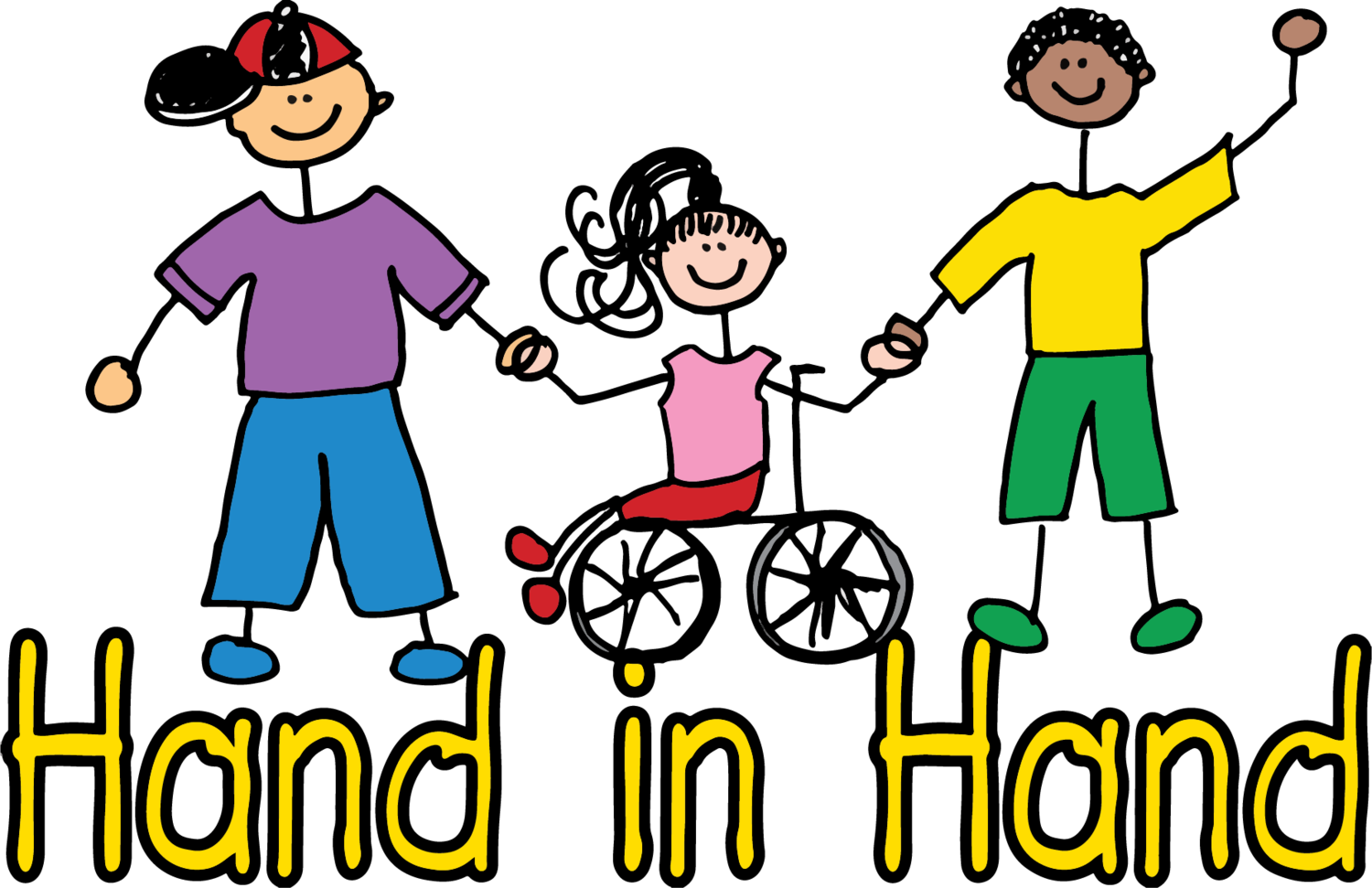Meet Chuck: The Therapy Dog Bringing Joy and Comfort to Hand in Hand
I’m sure by now, if you’ve been to any Hand in Hand event or stopped by one of our locations, you’ve met Chuck, our therapy dog. Chuck, a 10-year-old labradoodle aptly named for Chuck Norris in Walker, Texas Ranger, was trained in Ranger, TX by All Purpose Canines to be a diabetes alert dog for a little boy. When the boys’ blood sugar would need attention, Chuck would let him know by pawing at him or his caregivers. As the boy got older, he didn’t like to be called out as different because of his diabetes and learned to monitor it himself.
Chuck later moved to another family’s home in the Quad Cities to be a service dog for their diabetic daughter, but Chuck did not end up alerting for diabetes. Despite no longer working as a service dog, it was clear that Chuck still needed to work as he gets very anxious when he is left alone for any length of time. Through a series of fortunate events the family found our CEO Angie and reached out to her.
Angie’s family adopted him on August 17th, 2023, so that he could find a new job supporting children and adults at Hand in Hand. He is no longer in service and therefore does not have the rights that a service dog does - something that is very important to Angie to point out. It is harmful for animals not in service to be treated as if they are. This leads to issues and injuries that make it harder for individuals who do use service dogs to have the access they need to be safe. He is, however, now trained to be a certified therapy dog!
He went through training through the Alliance of Therapy Dogs. Volunteer Linda Brown with UnityPoint Trinity's Caring Canines program accompanied Chuck and Angie on three visits to Trinity hospital to assess his readiness. They visited several different floors, supporting patients as they invited him in. Chuck passed with flying colors and can now be found helping at Hand in Hand.
At Hand in Hand, Chuck is a cherished part of our inclusive community. Whether it's joining in on activities, offering a comforting presence during a challenging moment, or simply being a furry friend to hug, he plays a vital role in helping our participants feel welcomed and supported.
We’ve seen firsthand how he helps brighten the days of the children and adults we serve. The smiles, laughter, and moments of peace that this dog brings are truly priceless. When Chuck is relaxing down in our offices, many kids will ask their teacher to come downstairs to visit with him. He’ll even bark when he hears kids upstairs or in our play area so he can go and be a part of the action.
For many kids, therapy dogs can be a source of unconditional love and understanding. These dogs have a unique way of connecting with children, helping them feel safe, relaxed, and happy. Therapy dogs are more than just pets; they're trained to provide emotional support and comfort to people of all ages.
Therapy dogs can help in many ways. Therapy dogs are great for helping to reduce stress and anxiety. Spending time with a therapy dog can help lower stress and anxiety levels. The simple act of petting a dog release calming and mood elevating hormones like serotonin, prolactin, and oxytocin in the brain, making kids feel more at ease. Interacting with a therapy dog also encourages social interaction.
For children who might be shy or have difficulty with social interactions, a therapy dog can be a great icebreaker. Kids often feel more comfortable talking and playing when a friendly dog is around. According to UCLA Health, children with autism engaged in significantly greater use of language as well as social interaction in their therapy sessions that incorporated animals compared to standard therapy sessions without them.
Interacting with a therapy dog can also boost a child's confidence. Whether it's learning to give commands, playing a game, or just cuddling, these experiences can help children feel more capable and self-assured. Therapy dogs are also great for providing emotional support and they can be great listeners. They don't judge, and they offer comfort just by being there. For children who may be going through tough times, having a therapy dog nearby can make all the difference.
At Hand in Hand, we're committed to creating a welcoming and inclusive environment for everyone, and Chuck is a big part of that. We’re so grateful to have him on our team, spreading joy and comfort wherever he goes. We hope you get the chance to meet Chuck and experience his magic firsthand.
So next time you visit Hand in Hand or see us at an event, don't forget to say hello to Chuck—he’s always ready to make a new friend!



